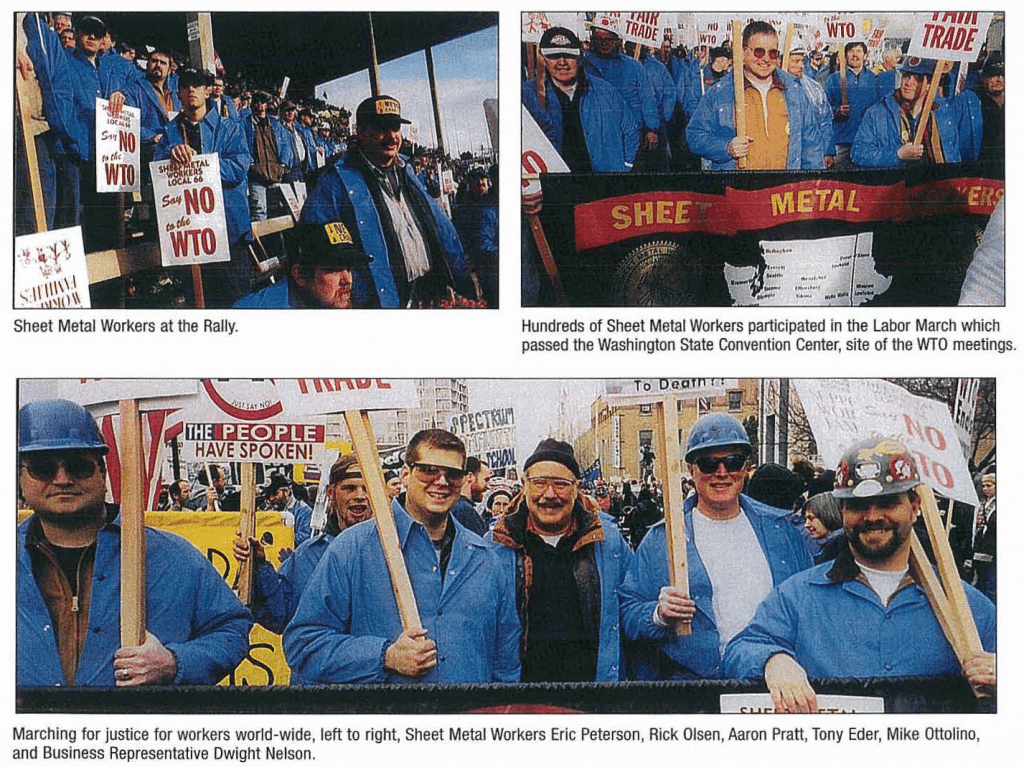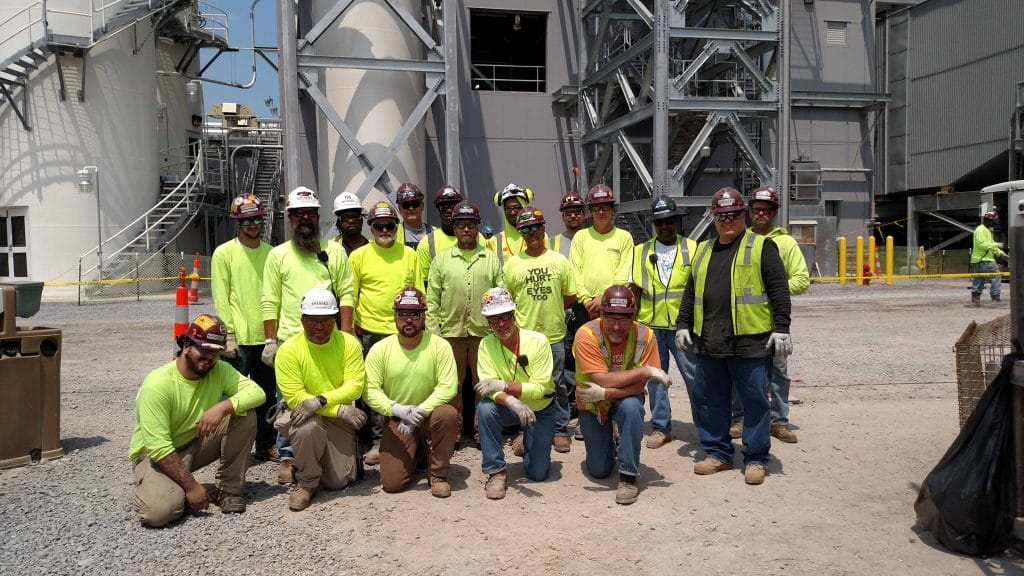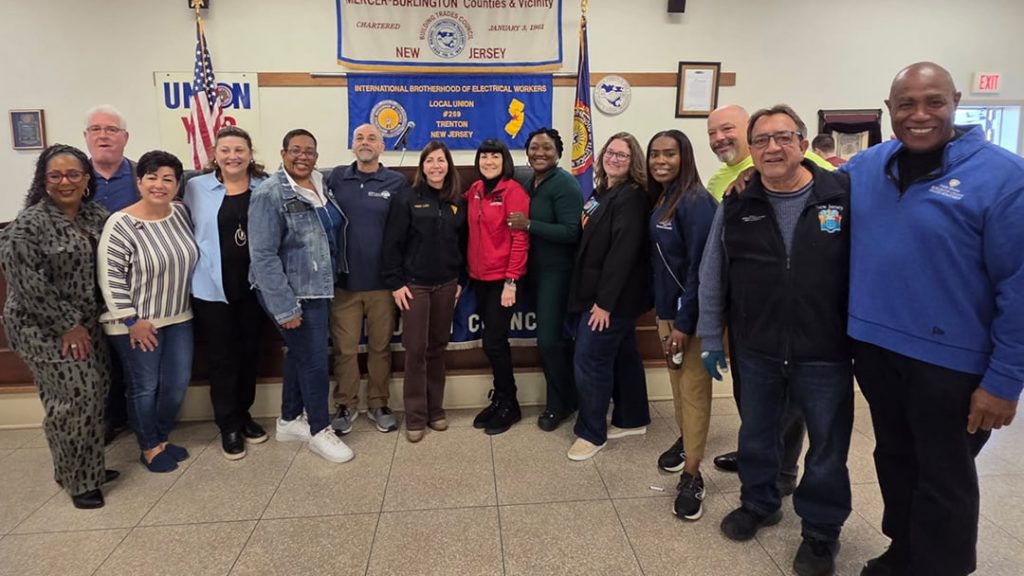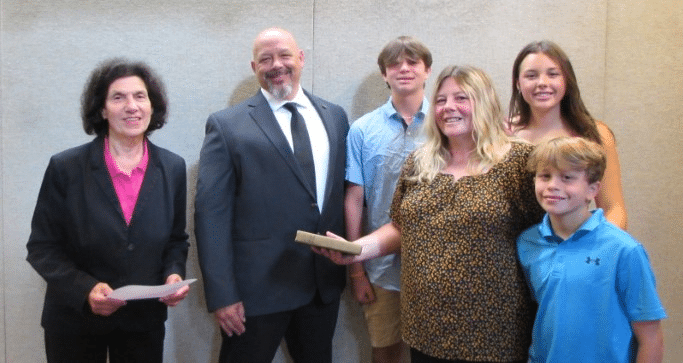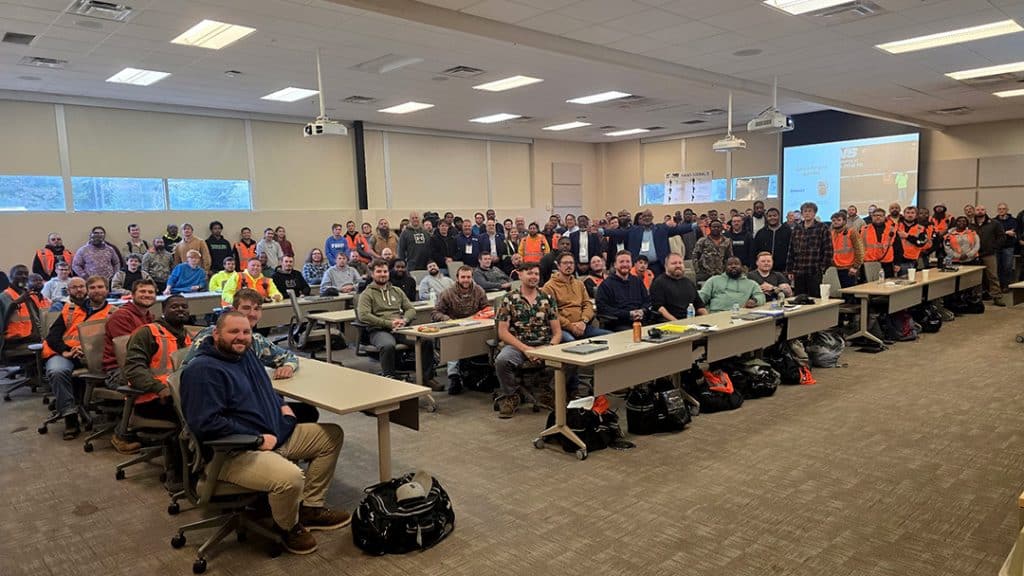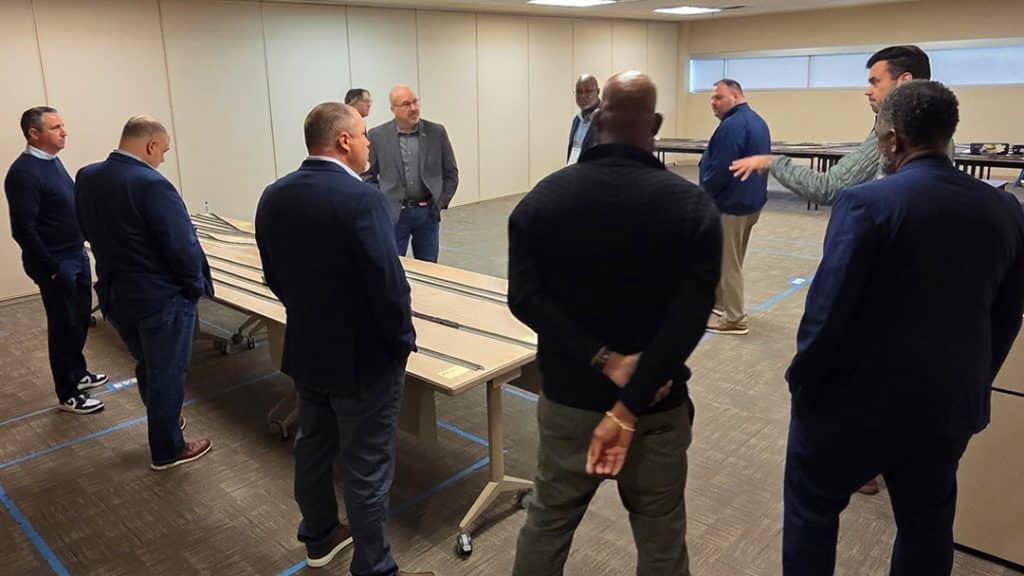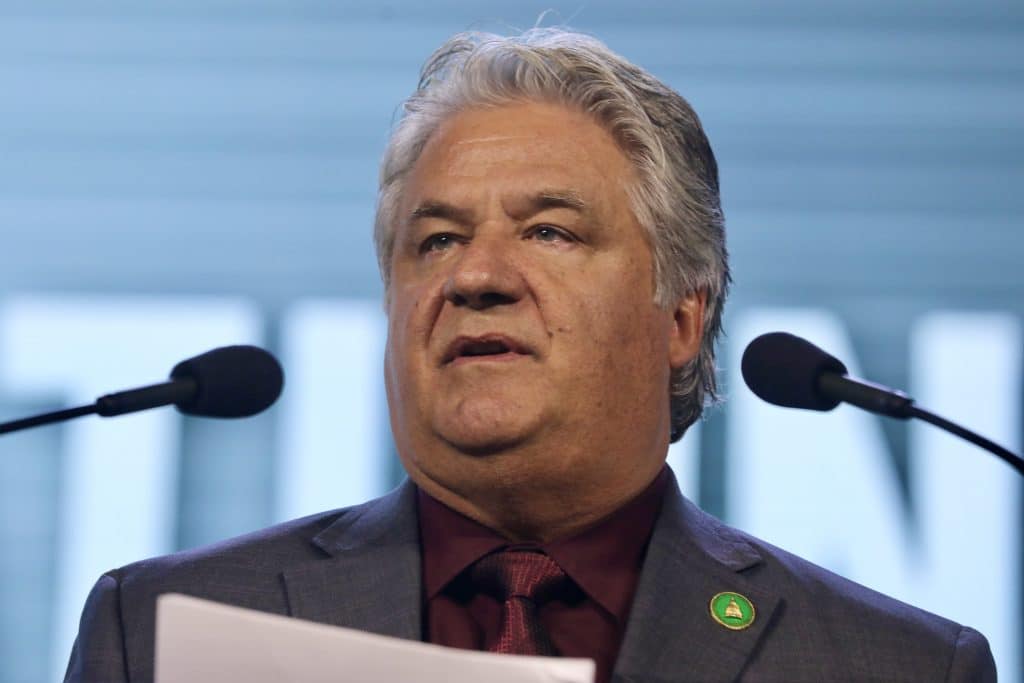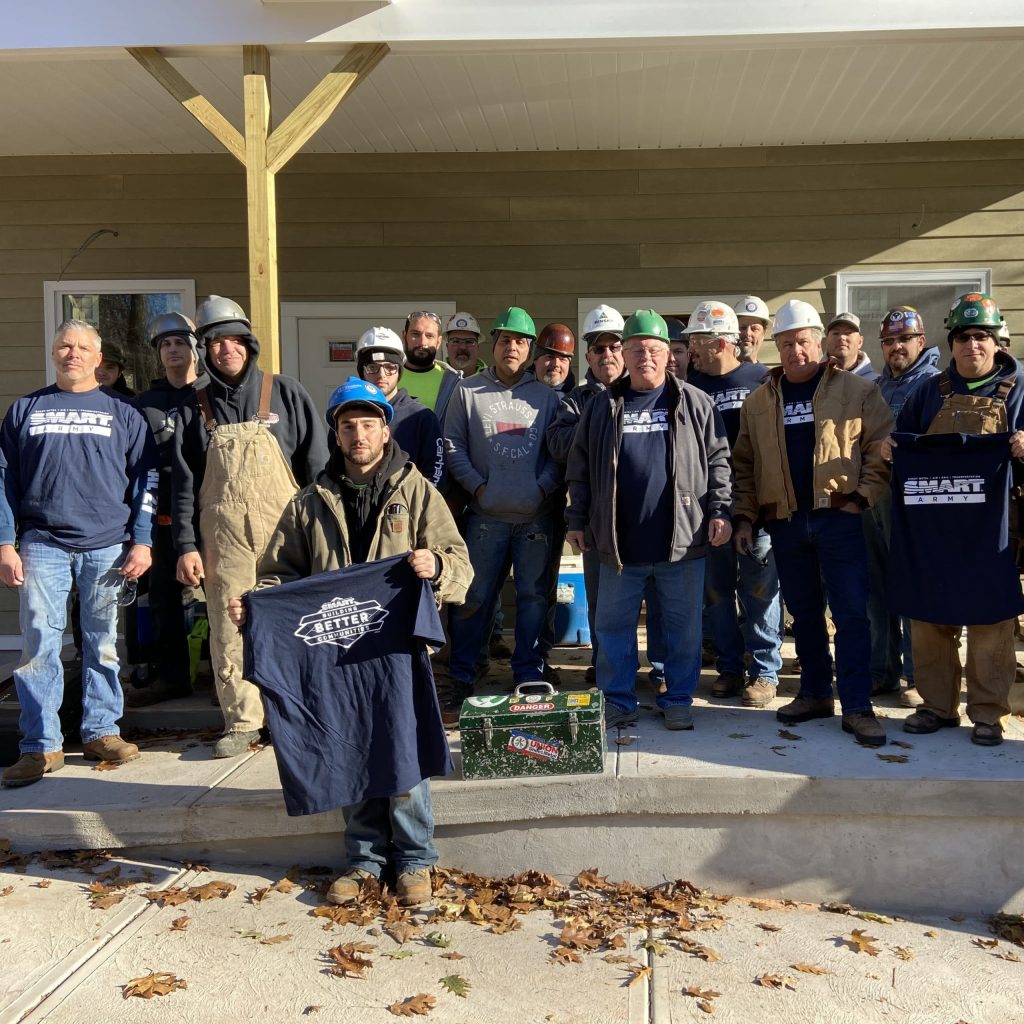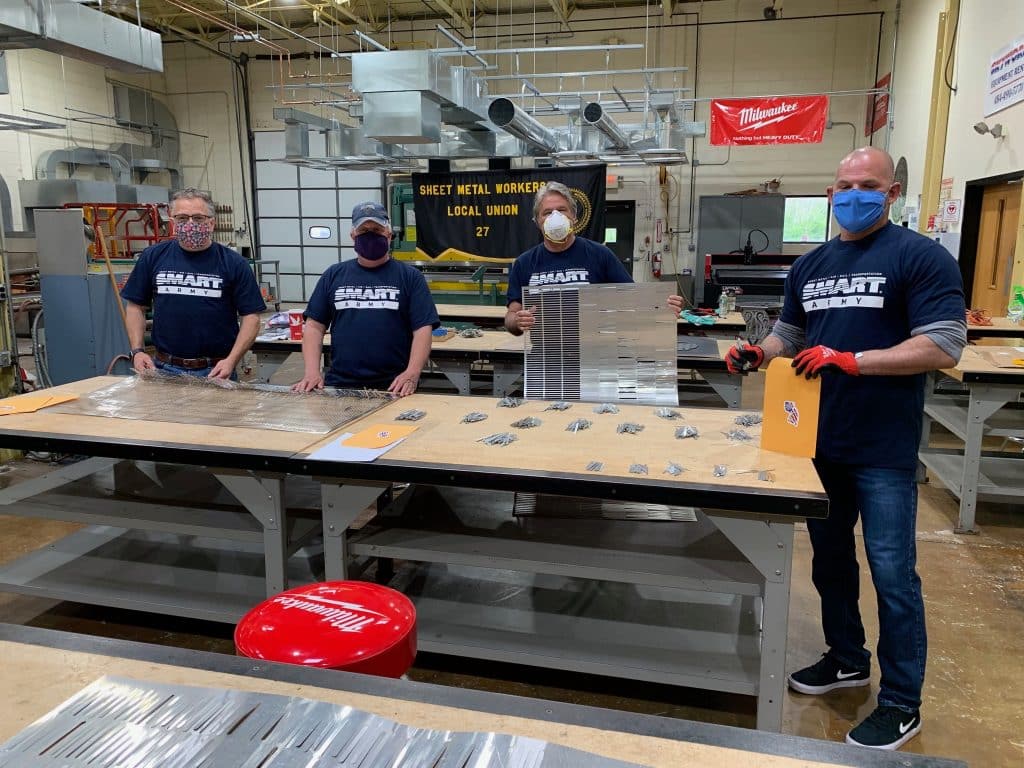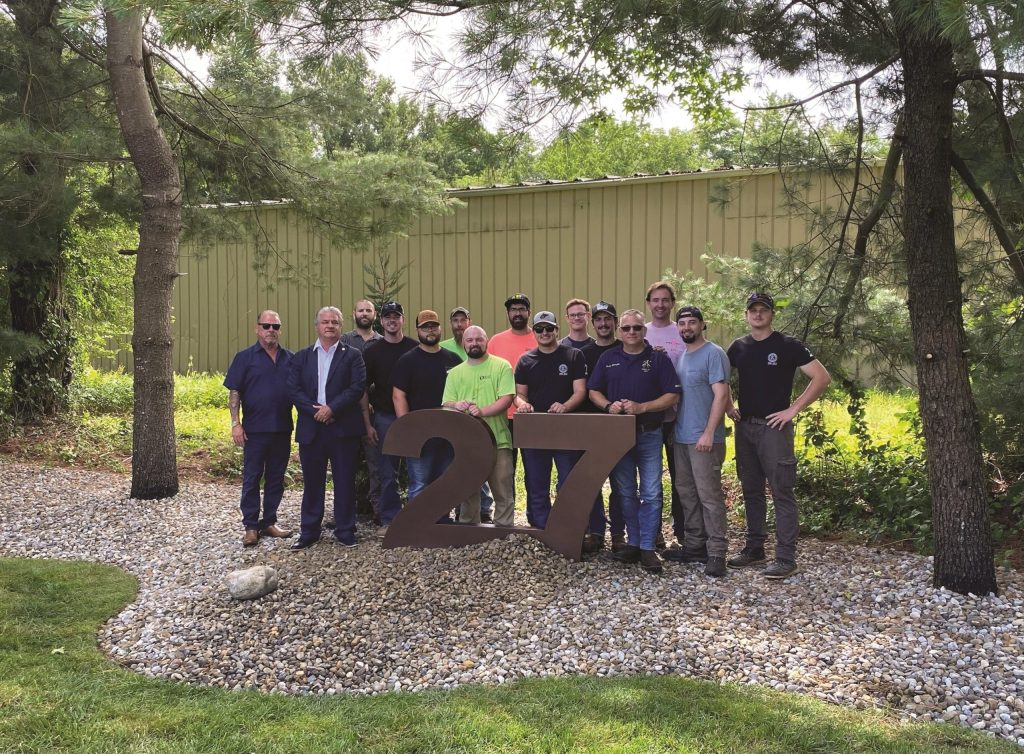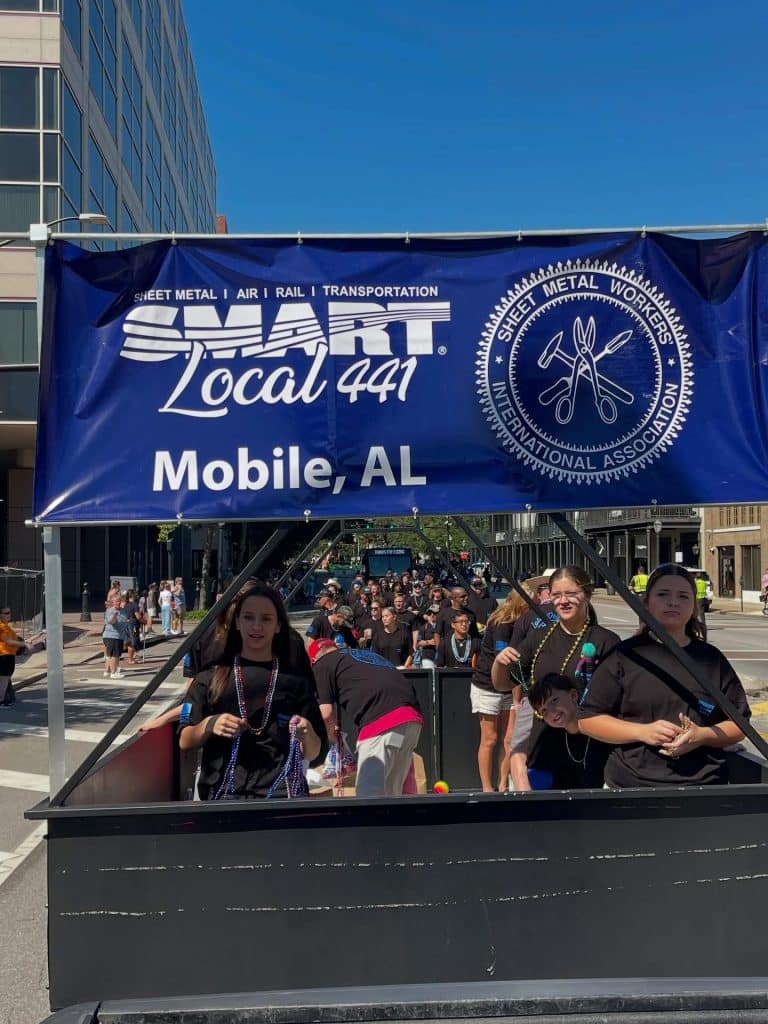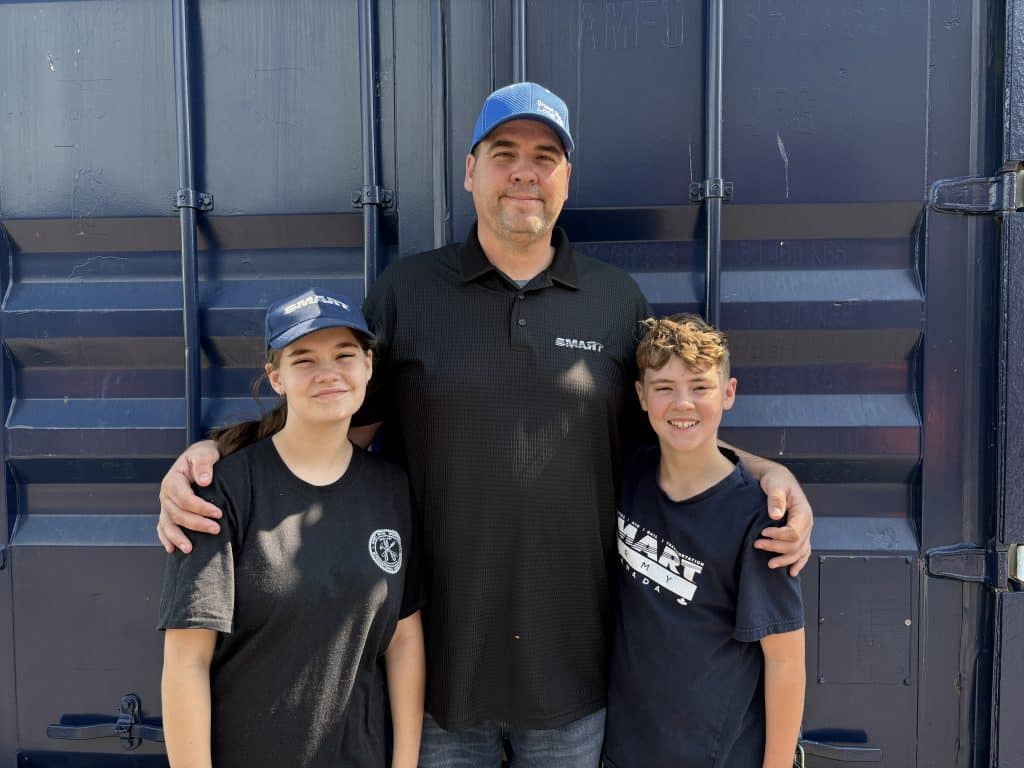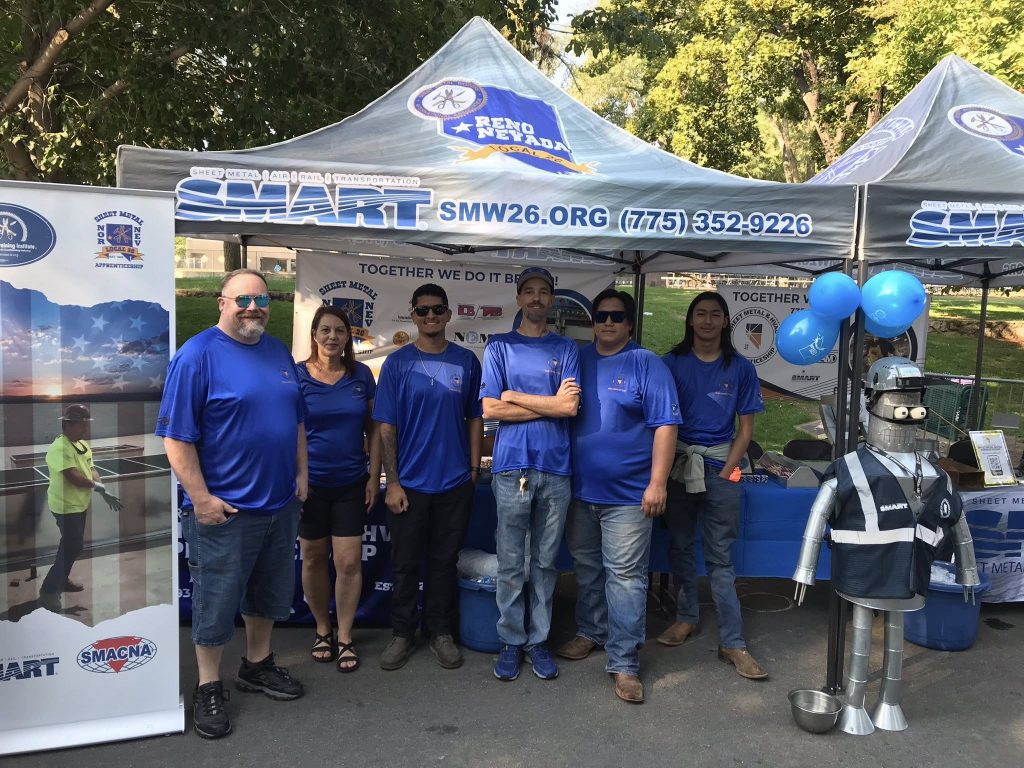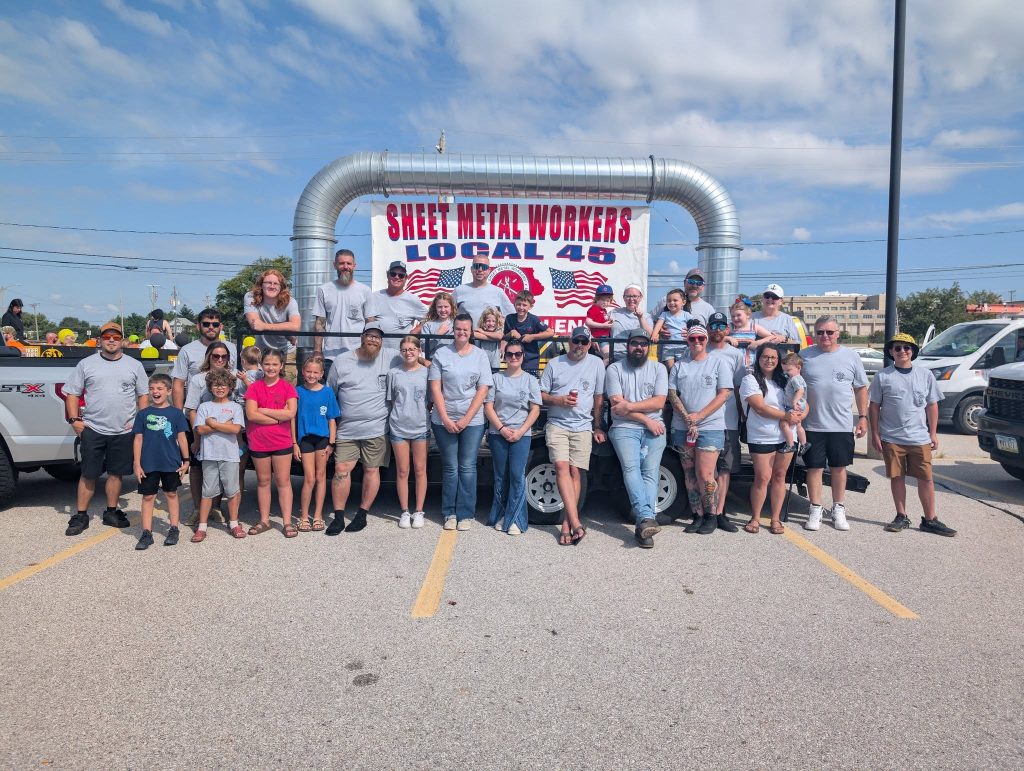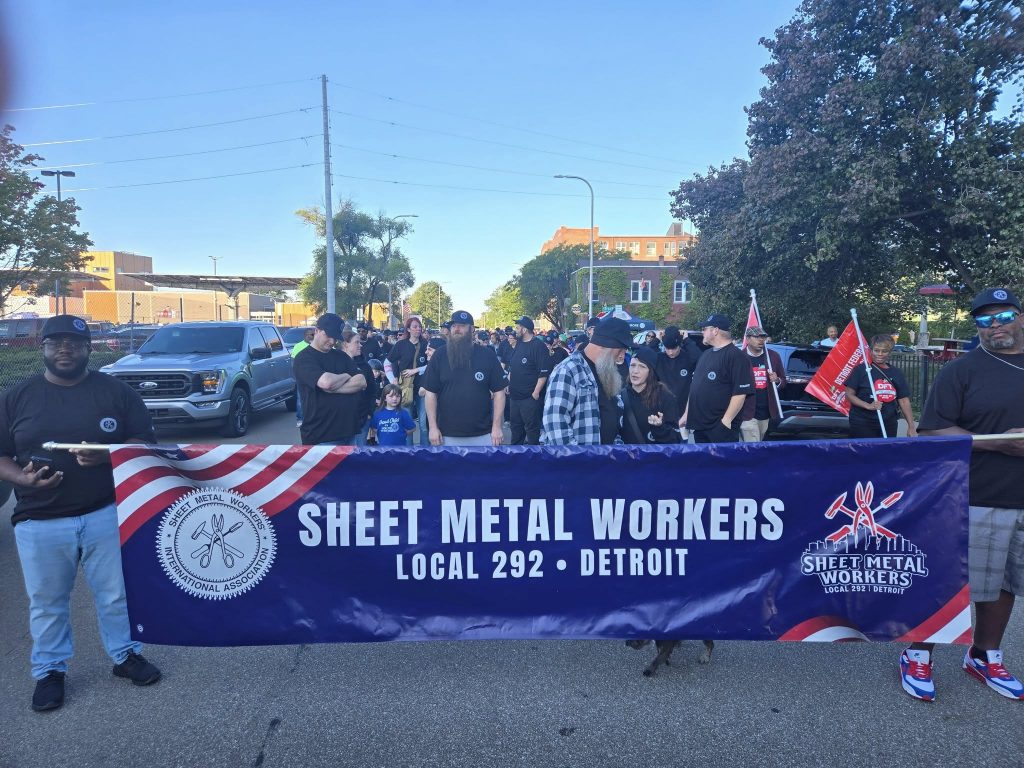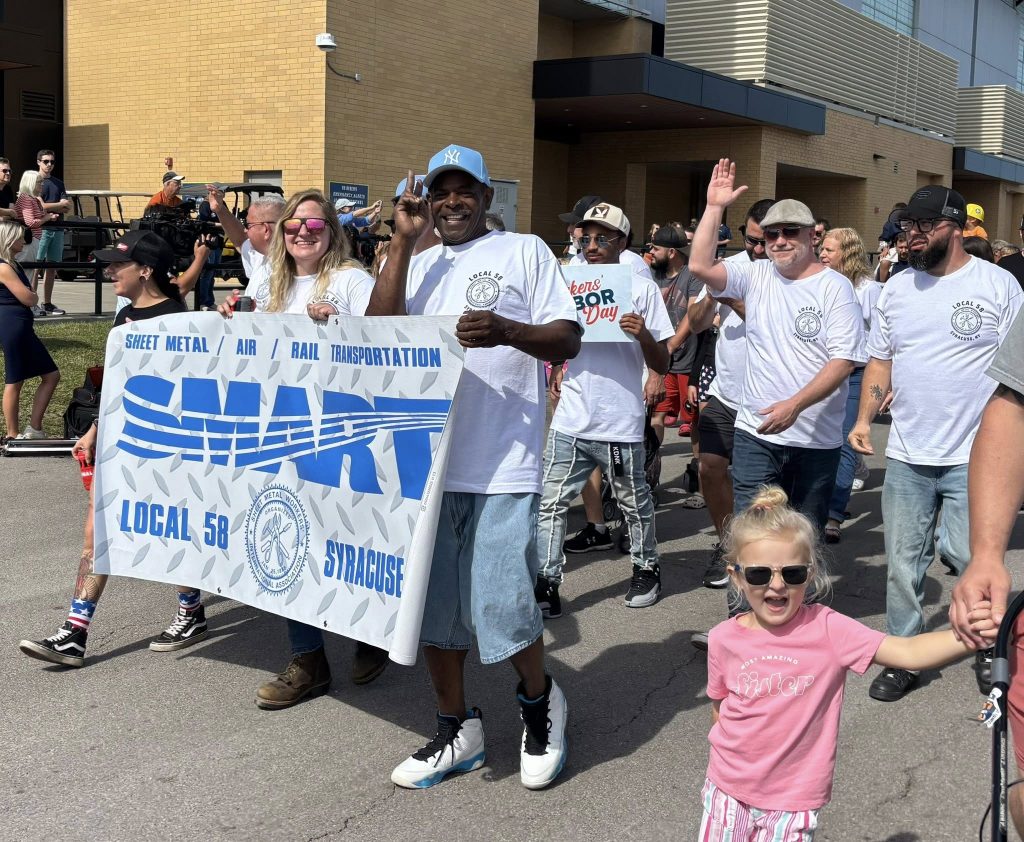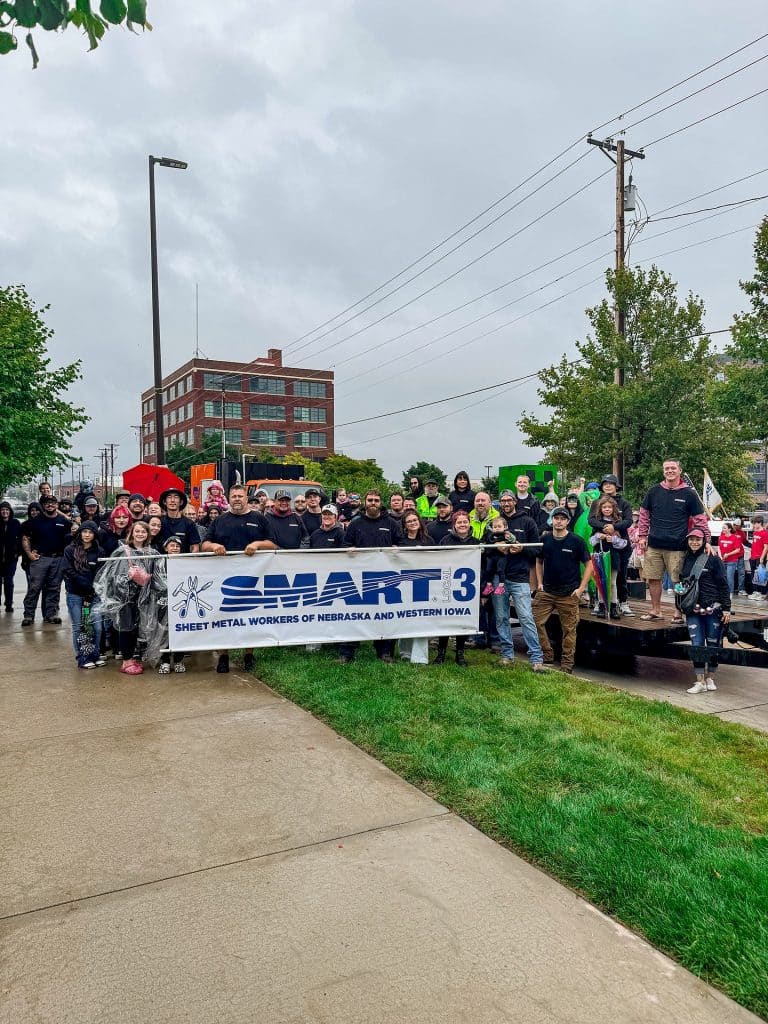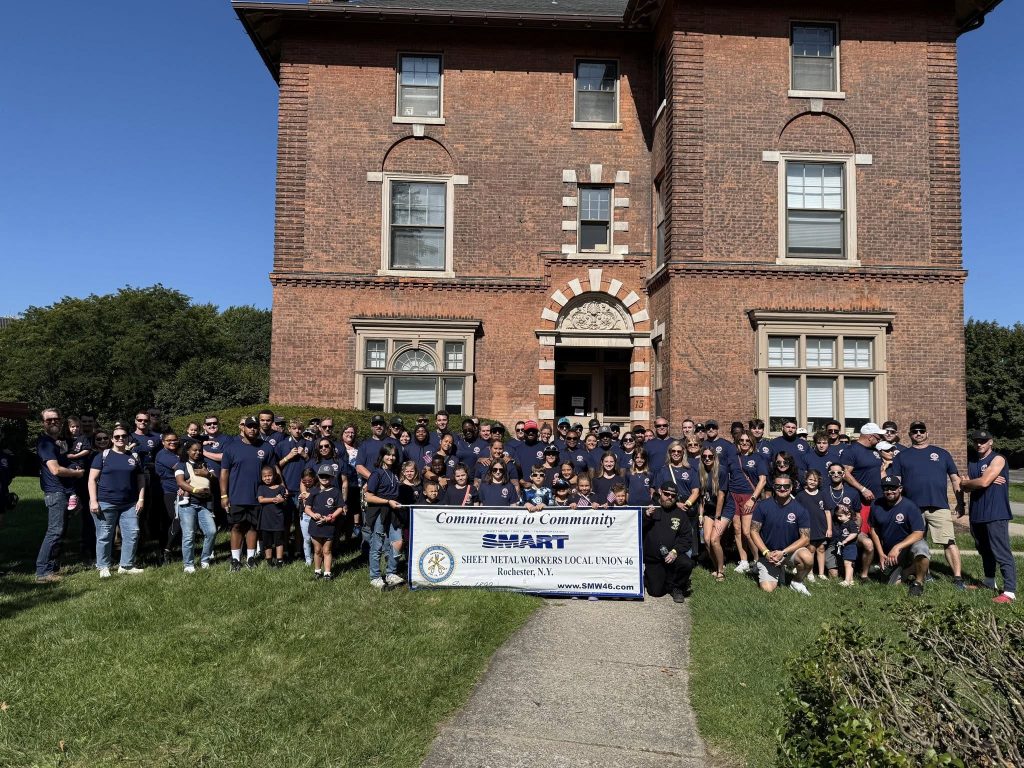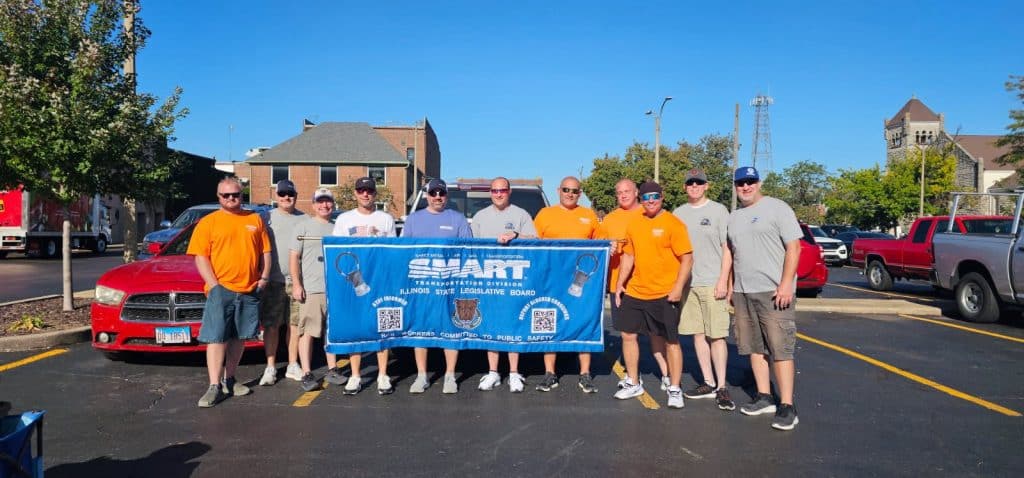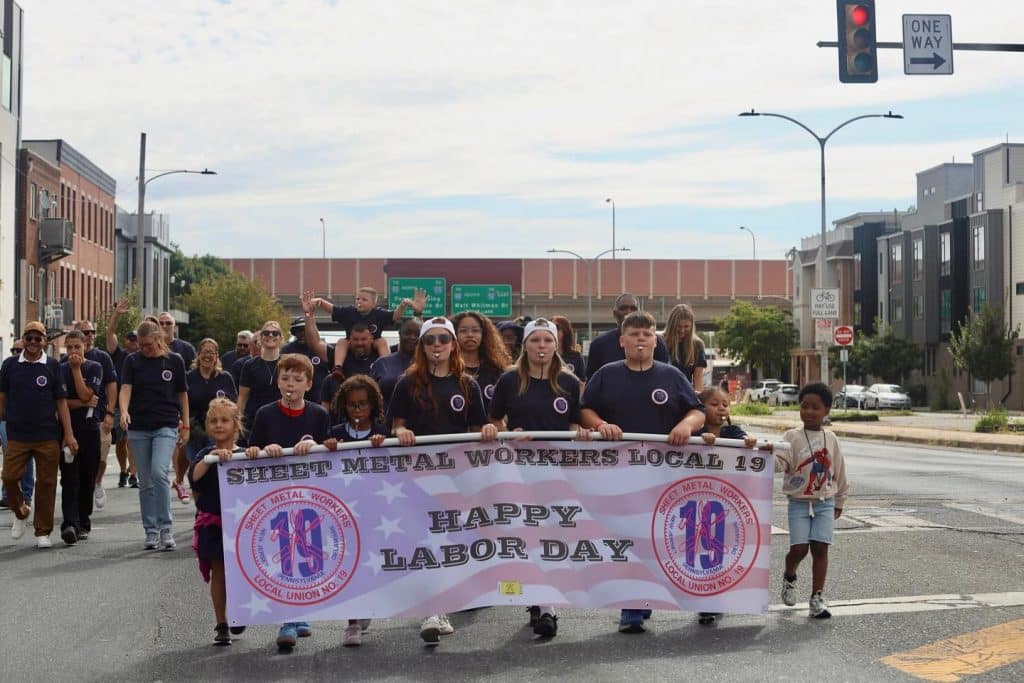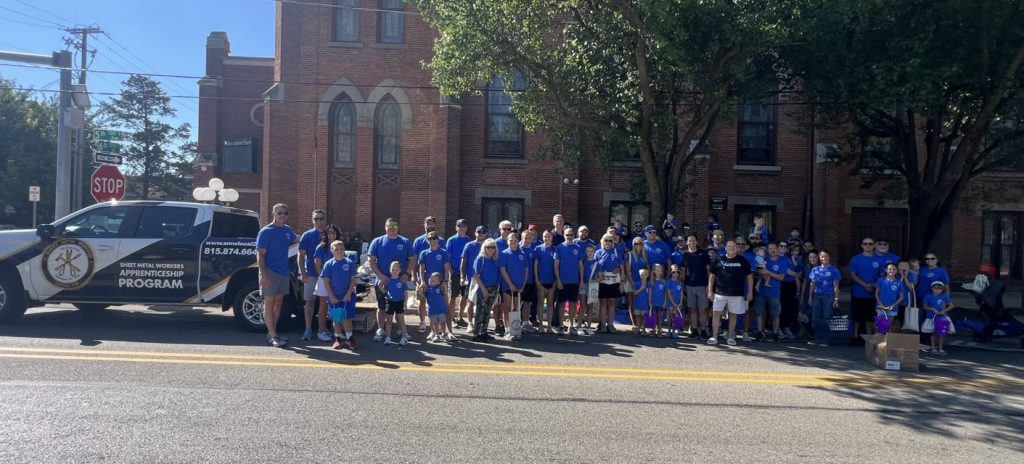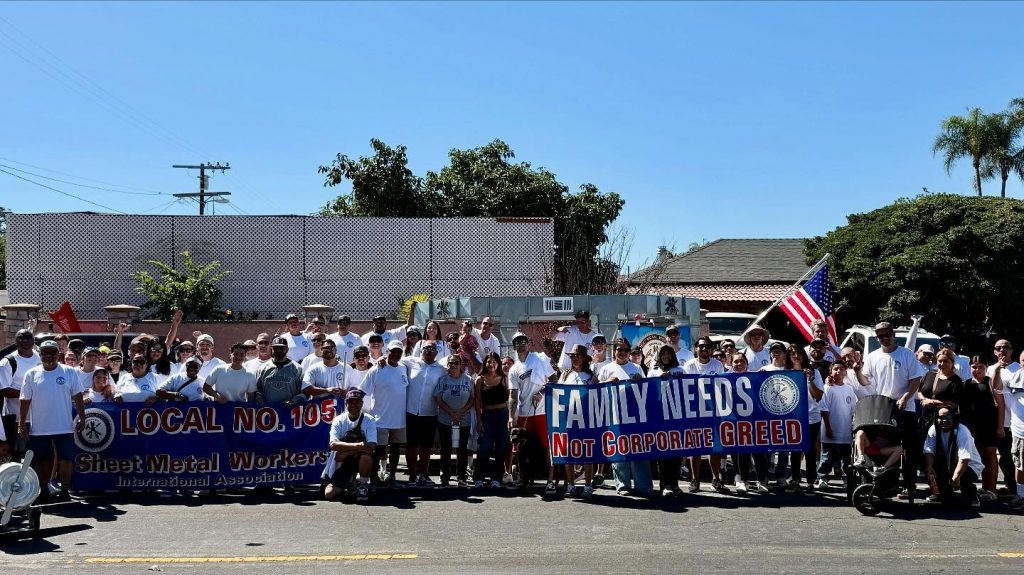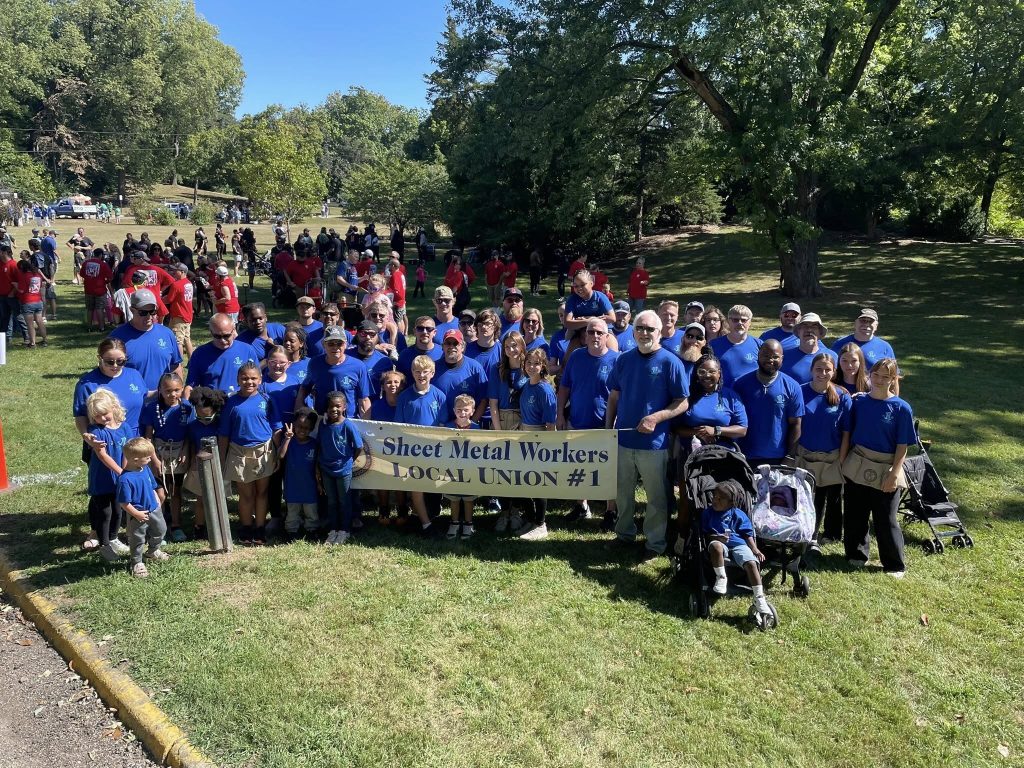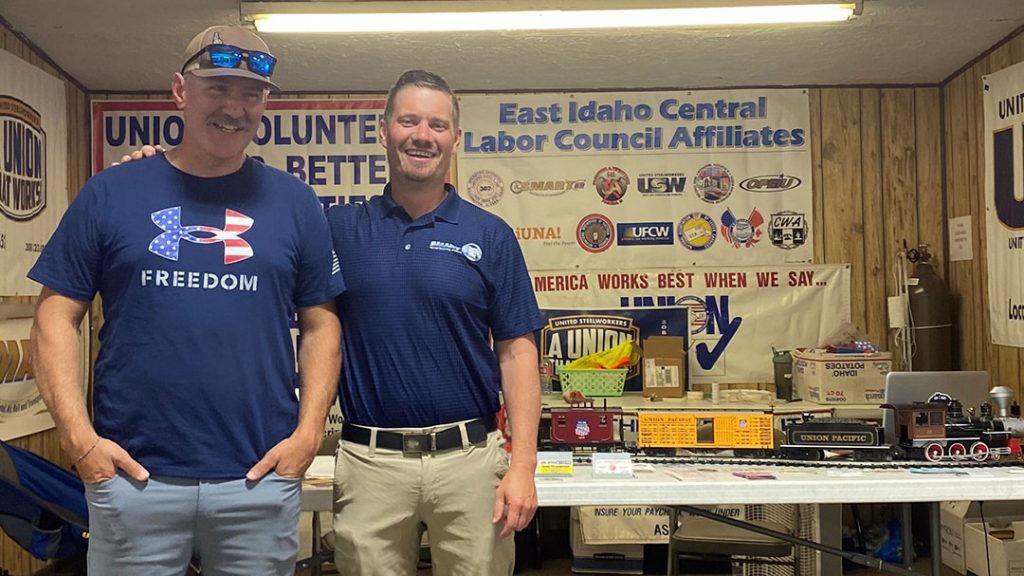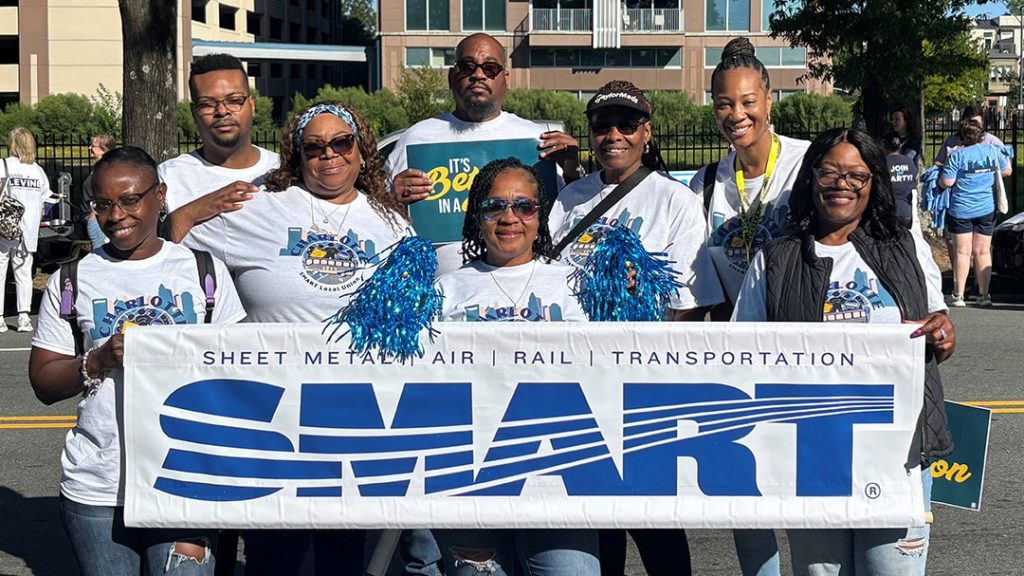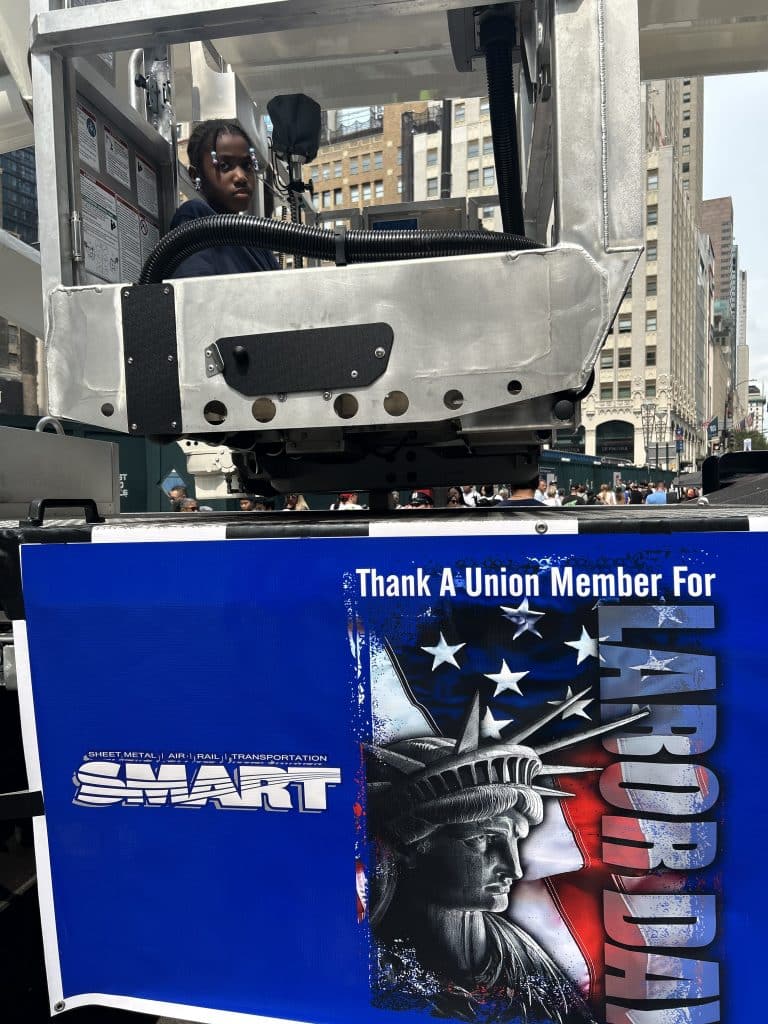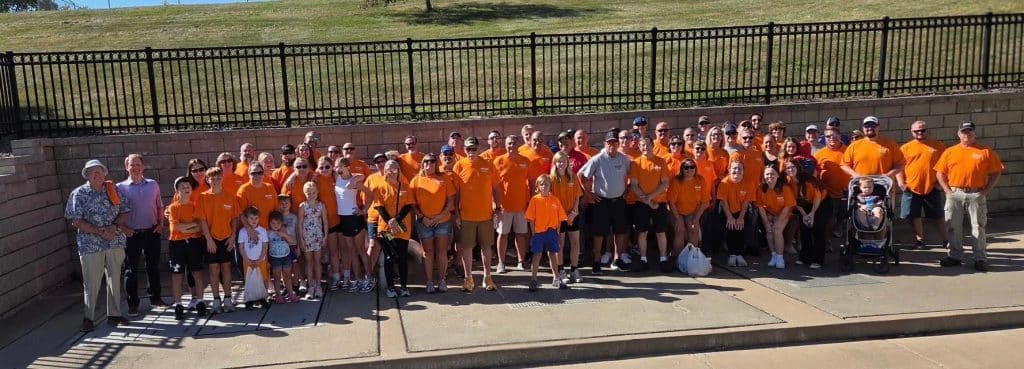Amber Czech was a Minnesota tradeswoman who was killed at work in November. While not a SMART member, this tragedy is reverberating across the trades community and far beyond. Read the SMART Women’s Committee’s statement:
Amber Czech was 20 years old. A welder. A daughter. A young woman who showed up for her shift at 6 a.m. on a Tuesday, hoping to build a career and make a living. She never made it home.
She was murdered at work. According to police charging documents, the colleague now charged in her death told investigators he “had been planning it for some time and didn’t like her.”
Because he did not like her.
There is no version of this tragedy that is acceptable. And while the full details remain under investigation, tradeswomen across North America recognize the pattern far too well. Violence like this rarely comes out of nowhere. It often follows a buildup that women in the trades know by heart: harassment shrugged off, bullying tolerated, intimidation minimized, warning signs dismissed, fear of backlash, comments ignored, jokes explained away, the stares of resentment, and behaviors everyone chooses not to see until they can no longer look away.
Right now, this tragedy is reverberating across the trades community and far beyond. So many tradeswomen and gender-diverse workers are carrying the weight of this news. For many, it has hit close to home. It reminds us of the comments we have tried to ignore, the jokes we have had to call out, the bullying we have pushed through, the jobs some left and the incidents that could not be escaped.
Tradeswomen everywhere are exhausted. Exhausted from explaining why women’s committees’ matter. Why women’s groups matter. Why the fight for safe, respectful job sites is not theoretical. It is survival. Tired of repeating the same reasons, the same statistics, the same lived experiences that all echo the same theme.
Yet even in that exhaustion, our voices keep rising. Stronger. Louder. More unified. We will not stop.
If Amber did not tell anyone she felt unsafe, that silence is something every tradeswoman understands. Fear often keeps workers from reporting. Fear of repercussion, fear of being dismissed, fear of nothing changing. And if she did speak up, it would not be the first time a woman’s concerns were minimized or quietly set aside. The investigation is ongoing, but what we already know reflects issues that women in the trades have been naming for decades.
This is why bystander silence is NOT an option. We cannot be people who “didn’t see anything.” We must create workplaces where concerns are raised safely, heard clearly, and acted on immediately.
To those impacted by this terrible news, you are not alone. Our community stands with you. We grieve with Amber’s family, with her co-workers, with every tradeswoman who saw herself in this story, and with every parent who already worried about the safety of their apprentice daughter. We share your grief. We share your anger. And we refuse to be silent.
We call on employers, contractors, supervisors and every person on a job site to confront the culture that allowed this to happen. Violence is not “part of the job” or “job site humor.” Intimidation and dismissal are not “just the trades.”
Amber deserved a full life and a long career. She deserved protection, respect and a workplace that valued her humanity. She deserved better.
We will honor her by pushing harder, demanding more and refusing to let her name fade. Exhausted or not, we will keep fighting to build a culture within an industry that was not built with us in mind.
Support and resources for SMART members
For SMART members who are struggling, need support or want to understand where to turn:
Code of Excellence
A SMART program that sets expectations for professional behavior, conduct, safety and respect on every job site. Members can access it through SMART’s website by visiting Resources → For Members → Code of Excellence.
Membership Assistance Program (MAP)
Confidential, free, 24/7 support for SMART members.
Mental health, substance use, suicide prevention and peer-support mentors.
MAP helpline: 1-877-884-6227.
Rapid Response Protocol
The SMART Rapid Response Protocol is designed to help local leadership respond to incidents of bias, discrimination, and harassment. Members can speak with their local officers about the protocol and view it here. If you are a victim or a bystander of an incident, you can also fill out an incident form on the beforall.org website. If the situation is a life-threatening emergency, call 911.
In solidarity,
The SMART International Women’s Committee, BE4ALL and RISE Committee
